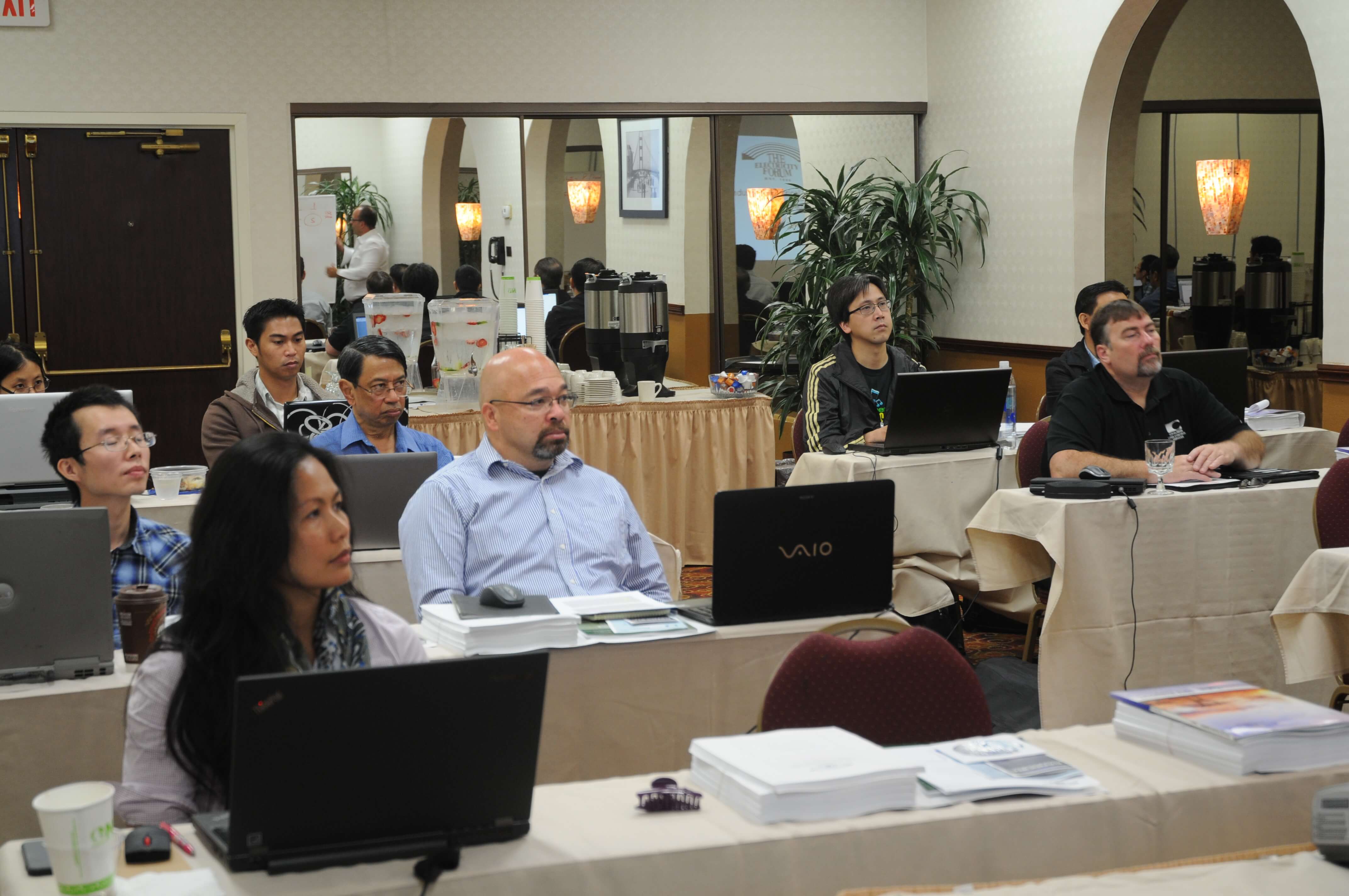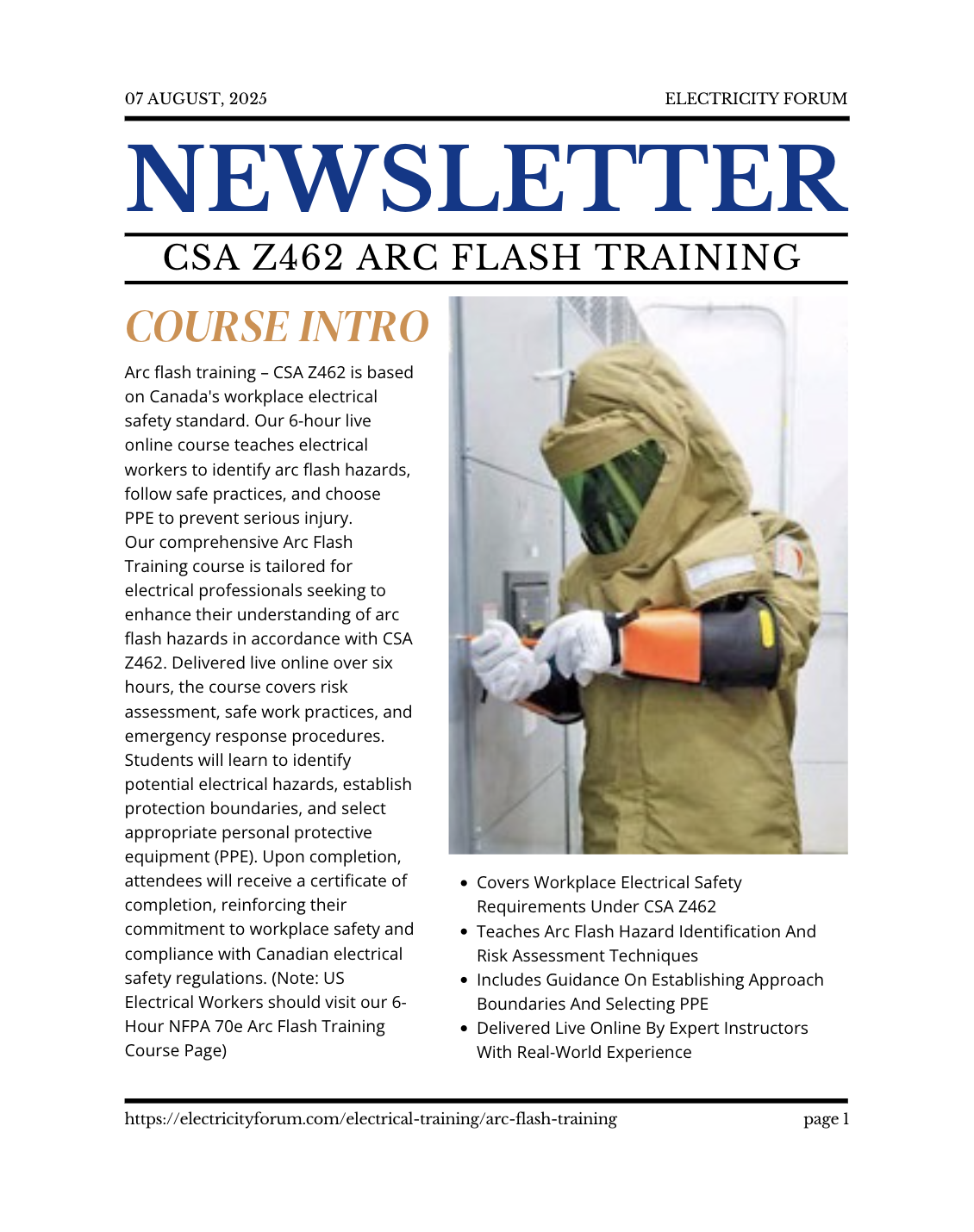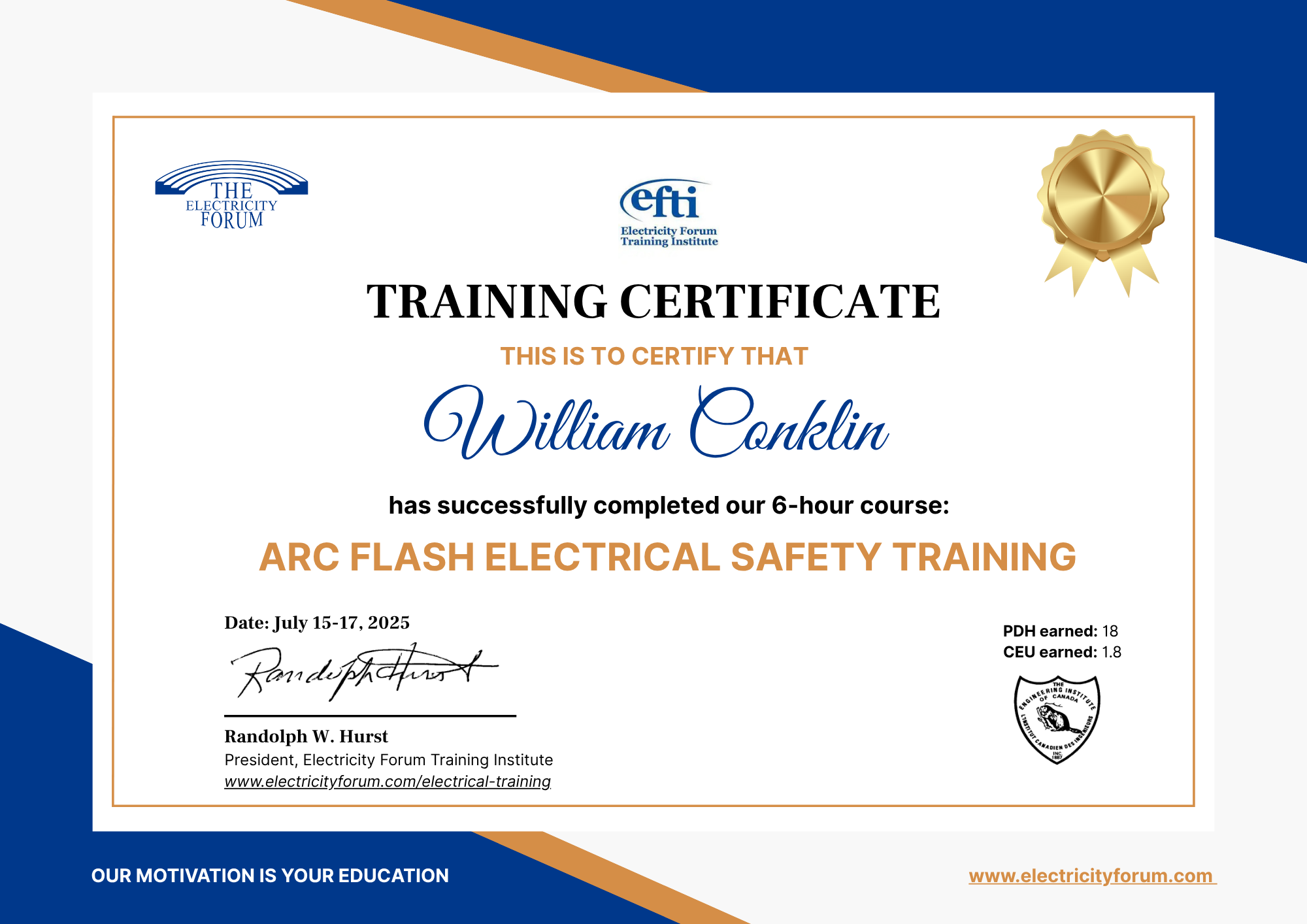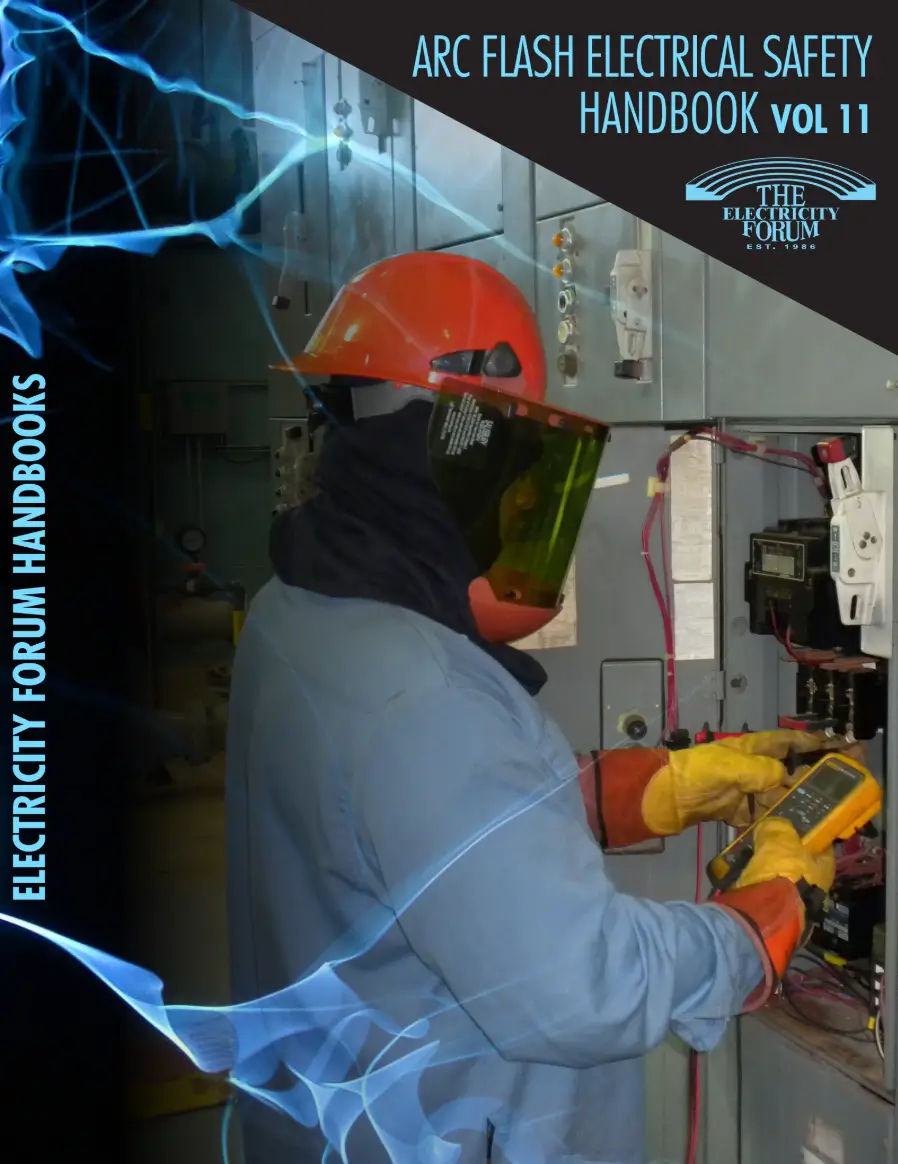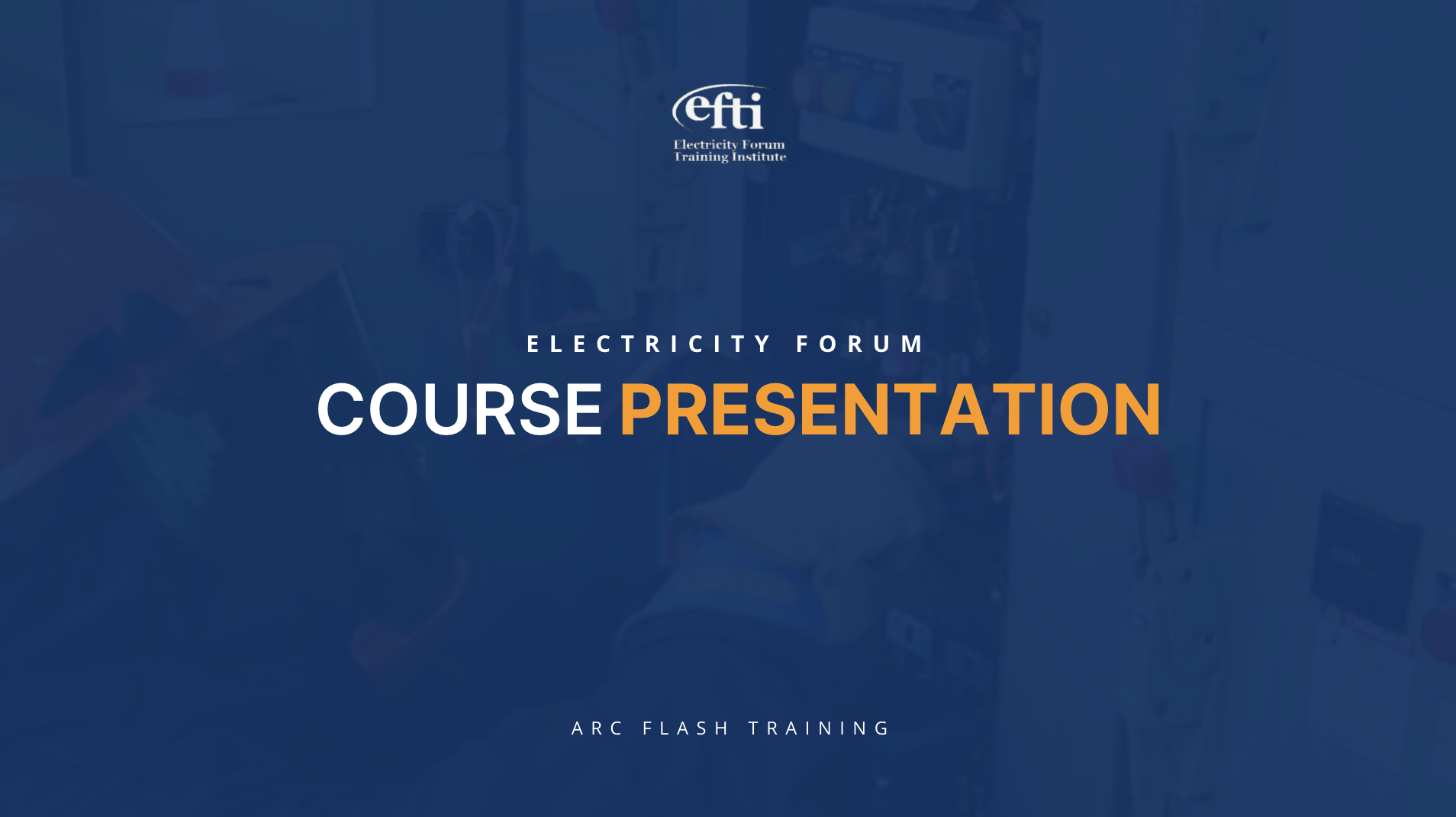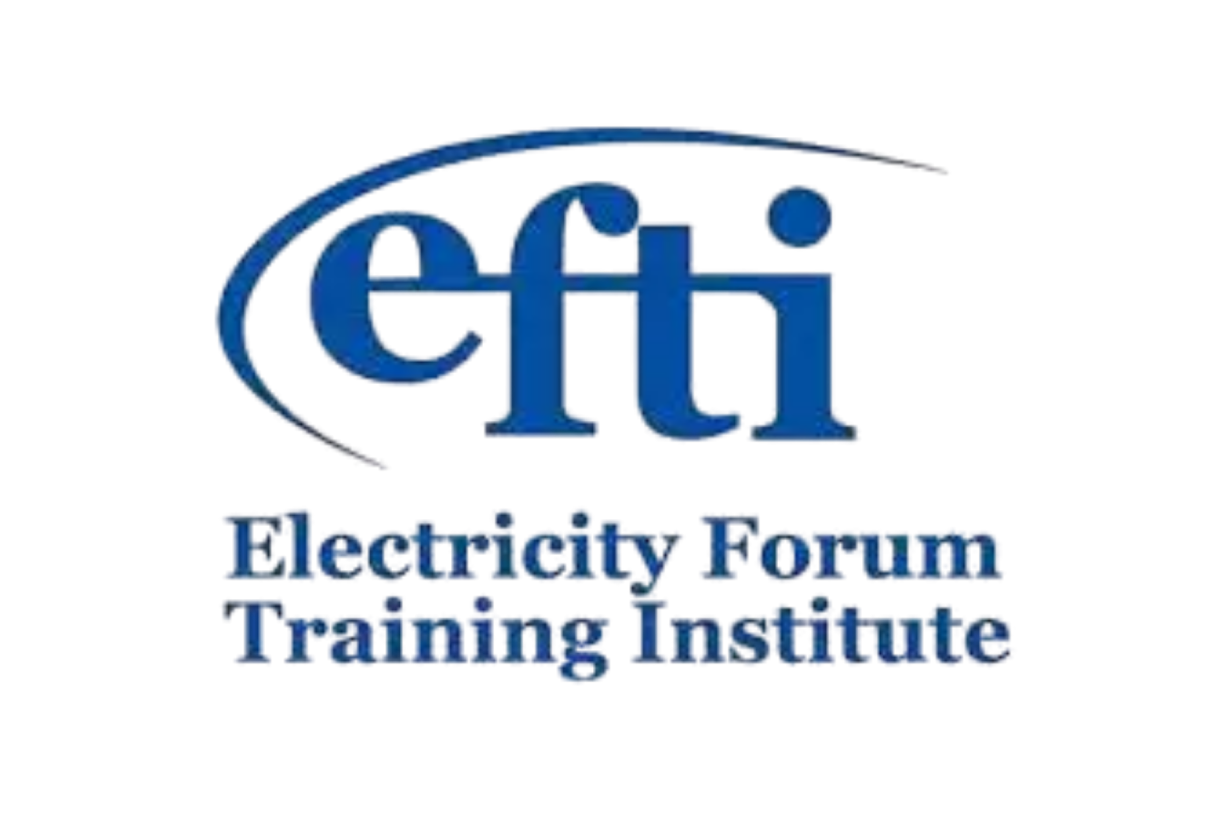Industrial Automation Course
Course Instructor: Paul DeJong C.E.T., Northern Dynamics
Session 1 - PLC’s
Rockwell Automation the Logix Family
Siemens S7-1500 & S7-1200
Omron NX/NJ and other Families
Panasonic
Mitsubishi MELSEC Families
Eaton, Schneider, ABB
Session 2 - HMI’s / Scada
- One of the bigger growth areas, companies want Data
- Third party companies like Wonderware & Ignition
- Rockwell and Siemens platforms
Session 3 – Drives, Motion, Motors and Servos
Siemens, Rockwell, ABB
Energy and maintenance savings
- Motors, Induction vs PM vs old DC
Energy Savings vs Maintenance and overall Costs
Energy Savings vs Pneumatic / Hydraulics
Session 4 - Networks and new Standards
EtherNet/IP, EtherCat, ProfiNet, Modbus/TCP
Profibus, Modbus/RTU, DH+
Session 5 – Sensors and Actuators
- Intelligent and Non-Intelligent Devices
IoT and CAN / DeviceNet networks
Session 6 - Safety Products
Process of applying
Light Curtains
- Wired and Wireless products
Session 7 – Overview of the three main software packages
- Design Studio, Siemens TIA, Omron Sysmac Studio
PLC, HMI and Drive access
Session 8 – Further look at CODESYS and the IEC 61131-3 Standard
- PLC, HMI and Drive access
- Use with small embedded devices like RasPi and Arduino
Session 9 – HMI and Scada Software
- 3rd party packages like Wonderware & Ignition
Session 10 – Various Programming Languages
History and use
Variations in Function Block languages
- Structured Text
- Statement list
- Regional Instruction set Variations
North American vs European vs Asian
Session 11 – Customization of code
- Migration to Tags vs old school address based
- UDT’s and Data Blocks techniques like Arrays
- Libraries and making your own instructions
- Possible programming techniques
Sequential Programming compared to sequencer instructions
Company Based Standards
- Integration of IT based languages
Visual Basic, C-Based, Python
Web Programming and Integration
SQL Integration
Session 12 – Remote Access and Security
- Products Like Ewon
- Integration with IT security
Everything uses Ethernet now which opens more security challenges
New OPC-UA vs OPC and DDE






